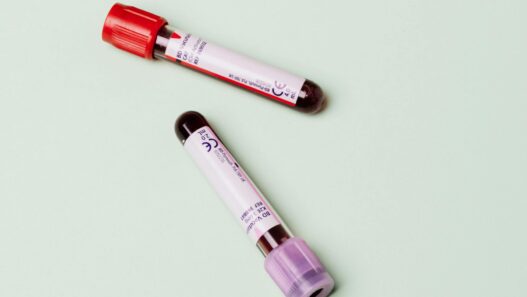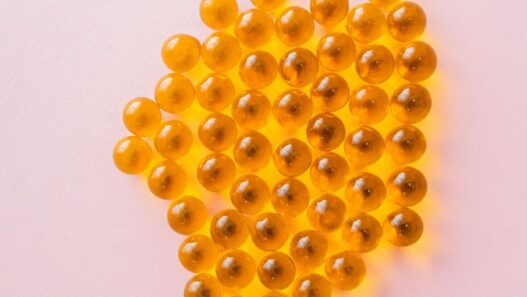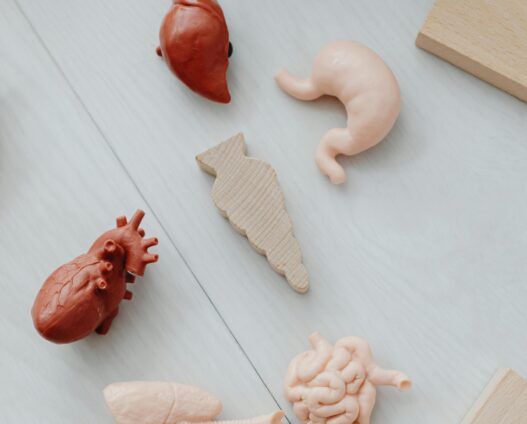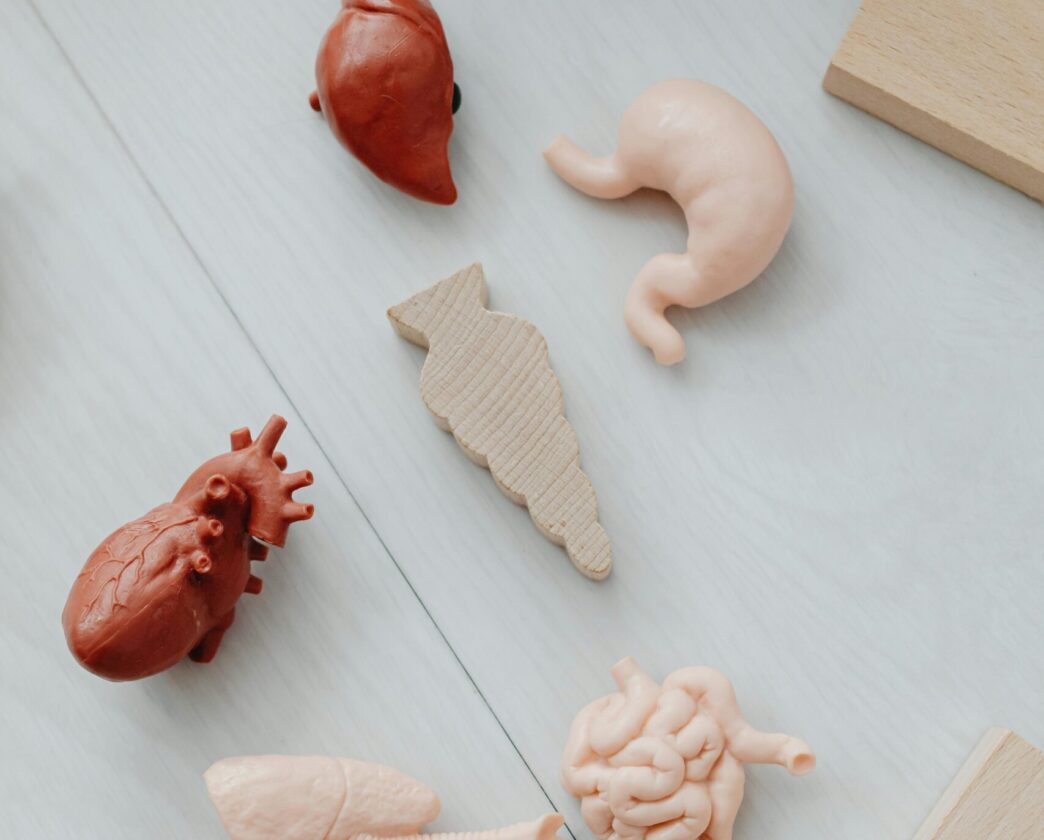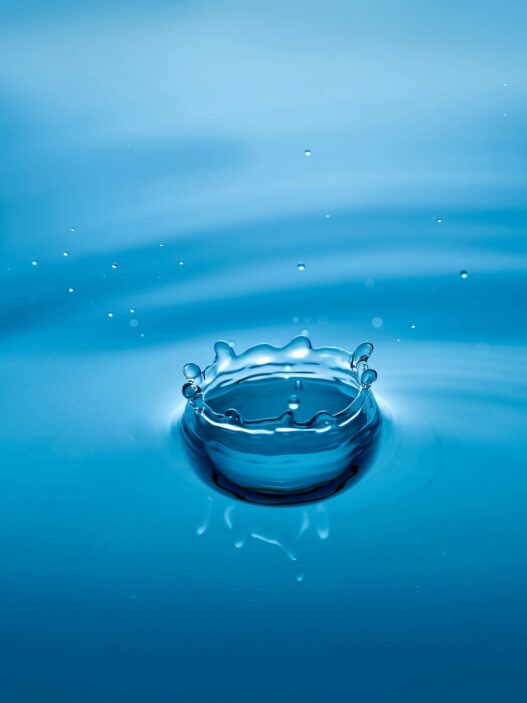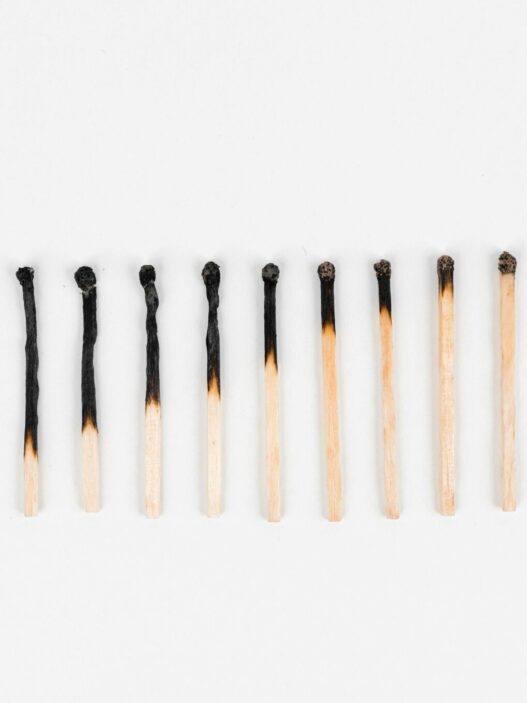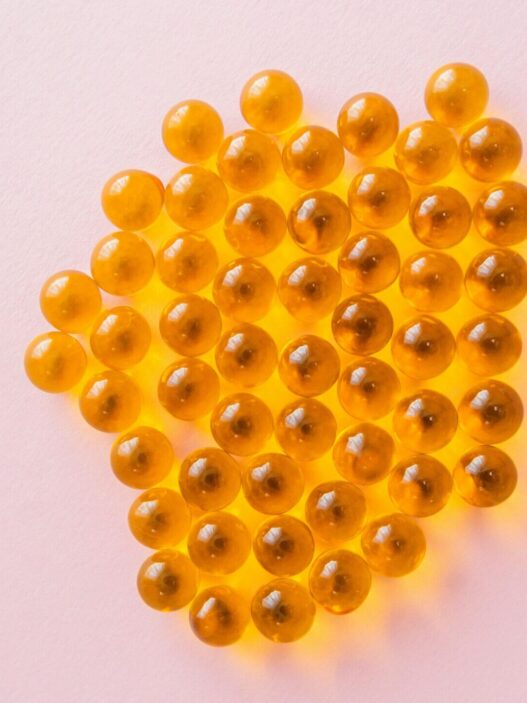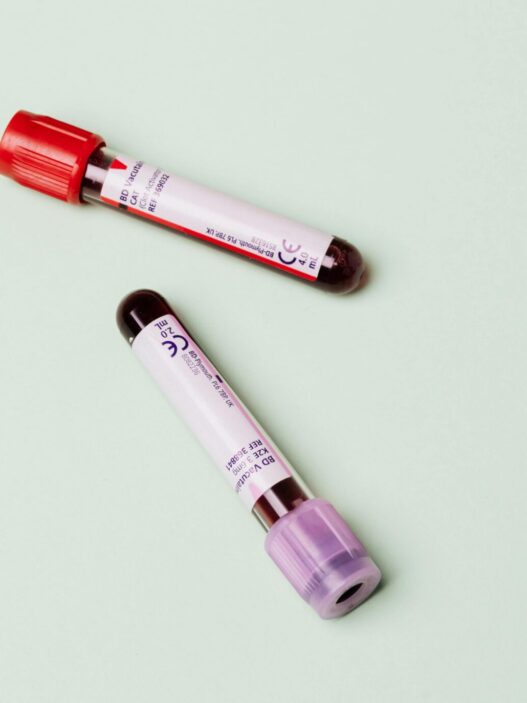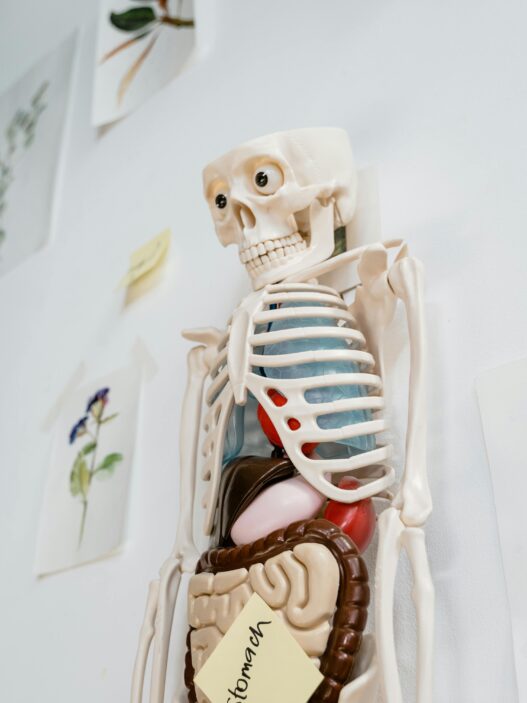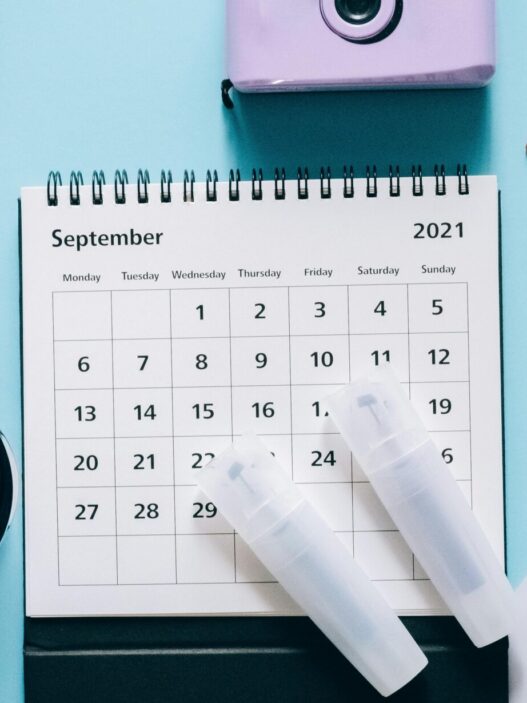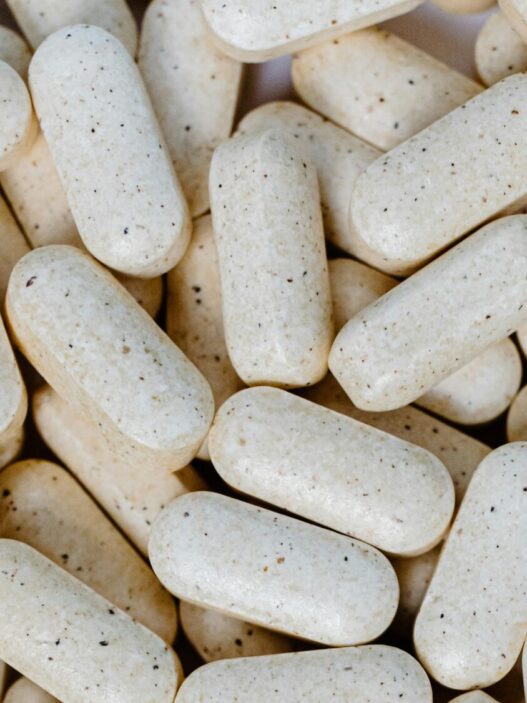In short, yes, but always take the recommended collage daily dosage.
Before we go into whether taking collagen peptides are safe for your kidneys we need to first break down what collagen is.
Collagen is a natural protein mainly extracted from animal sources, it is also the most abundant protein in your body accounting for nearly 30%.
When you take collagen orally, whether that is collagen liquid, powder or tablets you are taking shorter chains of amino acids extracted and broken down from the raw collagen, these amino acids are the buildings for the proteins in your body.
As they are shorter chains, these amino acids are more easily absorbed by your body due to the size of the molecules, and the amino acids themselves are what your body uses to create collagen.
The 3 key amino acids for collagen are : hydroxyproline, proline and glycine.
Kidney stones and collagen amino acids
When it comes to your kidneys the one we want to focus here on is hydroxyproline.
This is because a calcium oxalate stone is the most common type of kidney stone.
When your body metabolises hydroxyproline, which means the way it breaks down and uses that amino acid, it then produces oxalate.
So whilst your body uses hydroxyproline for collagen it also creates oxalate.
As the oxalate goes through your body, it naturally then combines with other minerals in your gut / digestive system creating a compound.
When oxalate and calcium combine, it creates calcium oxalate, which most people have in low amounts in a dissolved form within the body.
The body can’t break this down further and instead it ends up as waste product that comes out.
However, where the body doesn’t get rid of it e.g. when you are dehydrated and are not going to the toilet as much, eventually it turns into crystals which layer and then form into stones. Research studies have shown that this happens when calcium oxalate levels are high and urine levels are low.
The risk of developing kidney stones is not just through collagen supplements.
It is down to the levels of oxalate within your general diet – high levels will mean you are more at risk. You need to also monitor your water intake and dehydration levels.
What are high oxalate food?
The following food items are known to be high in oxalate, as always it is important to have a balanced diet whilst making sure you are having water.
You can boil high oxalate food which can help reduce oxalate content by up to 76%, as well as reduce the amount you’re having by replacing them with low oxalate food and increasing your calcium intake.
The following are common foods in our diet which are high in oxalate:
- Spinach
- Kale
- Swiss chard
- Sweet potatoes
- Rhubarb
- Beets
- Potato skins
- Black tea
- Soy sauce
- Cocoa
- Nuts, such as almonds, Brazil nuts, and pine nuts

